Botswana is a destination that regularly over delivers. It caters for the thrill-seeker (canoeing with elephants? Check), Luxe Jetsetter (starbeds, outdoor showers, scrumptious, sumptuous spreads? Check) Escapist (Digital detox and off-the-grid? Check) and solo culture seeker (Meet like-minded travellers and sincere locals? Check). Delve into the desert and delta with this week-long guide to Botswana.
Home to more elephants than any other African country (almost 1,300,00 according to the most recent statistics) and a hotspot for the swift packs of endangered, beautifully-mottled Painted Wolves, nearly 50% of Botswana remains dedicated to wilderness. From the desert in the south to the Okavango Delta at its heart, there’s a bona fide edge to Botswana’s natural spaces. Not only is peaceful Botswana a joy to explore, but it’s also the ideal destination for anyone’s first solo safari in Africa.
I’ve visited Botswana several times on my own and while I wouldn’t advise 4x4ing through the muddy plains of Moremi Game Reserve alone without backup, using small aeroplanes to discover the wild outposts of this intriguing country is every bit as adventurous – and double as comfortable. The unofficial tourism capital, Maun is the turnstile to almost all of Botswana’s safari experiences. A dusty little town with a busy airport, this is the start of every epic expedition.
One week in Botswana
It’s tempting to want to flit about between all the prime wildlife areas in Botswana, but even dividing your time between three different places can burden the joy of the journey. To appreciate the diversity of this landlocked nation, I split my time between the Kalahari Desert and the Okavango Delta. Three days is more than enough time in the Kalahari and four days in the Delta means you can enjoy game plus water-based offerings, such as boat trips.
Start with a Kalahari Safari
“People don’t often expect this terrain here”, said Mayezi Nkwazi, my guide at Tau Pan Camp in the Central Kalahari Game Reserve. “We often have to explain that this is a semi-desert because we get rain and there’s plenty of vegetation”. I’m visiting during the southern hemisphere’s summer (between December and March) because many lodges waive that dreaded single supplement fee. It’s the ‘off’ season, which is also known as the Green Season, but it’s by no means a wrong time of year to visit. It’s estimated that over 80% of Botswana is classified as the Kalahari Desert. Despite this spread of arid sand, there is life in abundance thanks to the rain.
Up front in the game drive vehicle, sitting beside Mayezi, another guide named Majwagana ‘Scuppa’ Tshururu adds in. “This is a good time for lions to hunt. See those Oryx? They’re all standing the same direction, away from the direction of the rain”. Scuppa is one of many Botswana citizens employed by Kwando Safaris, and he shares his remarkable background the following morning on a short walk.
“I am a San man”, says Scuppa as he leads us through the desert scrub. Pointing out unassuming medicinal herbs and plants, he elaborates on his family history. They used to live a nomadic lifestyle out here in the Kalahari, hunting and gathering only what was needed. The San of the Kalahari are the world’s last remaining hunting Bushmen and walking with Scuppa offers unique insight into the old ways of Botswana’s first inhabitants in a way that’s sensitive to the culture (no animal skin outfits or other problematic stereotyping). Sadly, few San live the same ancient lifestyle that Scuppa’s ancestors did, but opportunities like this allow for traditions to live on and offer travellers a responsible encounter with Botswana’s culture.
End with the epic Okavango Delta
The Okavango Delta could not lie on a more opposite end of Botswana’s landscape spectrum. Another smooth flight and I land on the Kwara Airstrip, just above the world-famous wilds of the Moremi Game Reserve.
Kwando Splash Camp lies in the Private Kwara Reserve – a strategic section of the Okavango Delta that embraces the precious waters after which Splash Camp is named, with a renowned game-viewing reputation to boot.
Like Tau Pan Camp, most days at Splash follow the classic safari routine. There’s an early wake-up call, just before sunrise then everyone gathers at the fireplace for breakfast and coffee, rising with the dawn. After a game drive or walk, there’s a beautiful brunch, and afterwards, you’re free to relax until 4pm, for the afternoon activity. It’s a groove that easy to fall into – further facilitated by a total lack of digital distractions. Totally off-the-grid, there’s no Wi-Fi or cellular reception in these distinguished wilds and I can totally unwind.
My safari guides here, Josiah Phutego and Kebadiretse Mosupi, lead me through an impressive checklist during my stay. A morning shared with wild dogs, tracking cheetahs, big-maned male lions, cute cubs, leaping herds of Red Lechwe and enormous elephant families.
Blessed with both extensive savannah plains and permanent waterways there’s also the chance to discover the delta in a traditional dugout canoe. Named a mokoro and poled by a professional, silently gliding on these waters reinforces what sets the Okavango Delta apart from other classic safari destinations. Waterlilies blossom around me, we get close to colourful birds and even get to feel the rumblings from a pod a hippo wallowing nearby(at a safe distance).
Despite it being a solo safari, I am never alone. Thanks to brilliant guides and easygoing staff, I’m ‘chaperoned’ the whole way through Botswana, but it’s never uncomfortable or nannied. Dinner is a buoyant affair, set around a communal table where I meet the other guests, compare sightings and learn more about local life in Botswana as the managers and guides host us – just one little example of how you’re taken care of every step of the way.
If this is the only safari of your life (unlikely I bet, as the wand of wilderness will have you itching to explore more), then it’s got to be bucket list Botswana.
When to visit Botswana on a solo safari
Locally known as the ‘Green Season’, Botswana’s summer season runs from December to March. Both prices and demand are lower than peak season, so this is when many lodges waive the single supplement fee – and if you choose your location carefully, the game viewing is still brilliant.
South African Airlink has direct flights from Cape Town to Maun, otherwise getting to Botswana requires flying through Johannesburg in South Africa or Victoria Falls in Zimbabwe and Livingstone in Zambia. You can get connecting flights into Botswana from there.
You can also start your trip with the Okavango Delta, get the big sightings off your checklist and the settle into more relaxed vibe and enjoy the scenery of the Kalahari Desert.
Solo travel tips for visiting Botswana
Download any travel apps you want to use beforehand. There is no Wi-Fi at these camps. I highly recommend investing in a birding app or wildlife guide to better enjoy and understand your safari.
Bring biodegradable toiletries. Many eco-friendly camps (such as these) do it for you by supplying soaps, but you’re travelling to an environmentally sensitive area that could always use the help.
Bring binoculars to spot said birds and wildlife.
Travel between lodges is via small aircraft. If you’re susceptible to nausea, bring supplies.
Pack lightly. The aforementioned small aircraft have small holds, and there are luggage restrictions. However, these camps provide free laundry services so don’t worry about running out of clothes.
Pack baby clothes. Kwando Safaris has teamed up with Pack for a Purpose, an initiative that allows travellers like you to make a lasting impact in the community at your travel destination. Bring supplies for the Mummy’s Angels project to help make a difference in the lives of local children and families.
Don’t be shy to talk with the guides, managers and other staff. If you’re flying into your safari, they might be the only locals you meet. All the friendly faces at the lodges mentions are citizens. Specify in advance when you book whether you want to dine alone or communally.
Bring cash for tips. In Africa tipping is not obligatory, but it is commonplace. If the service was excellent, then consider tipping between $5 and $10 per day.
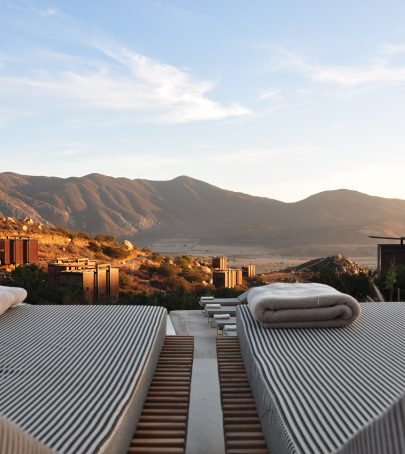
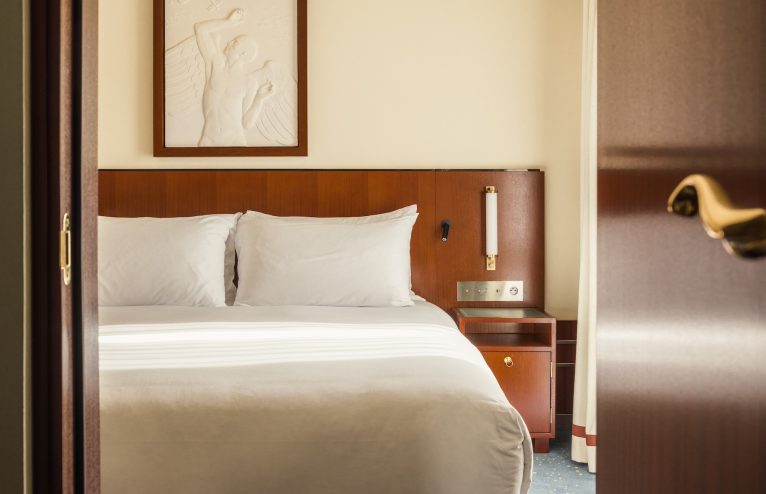
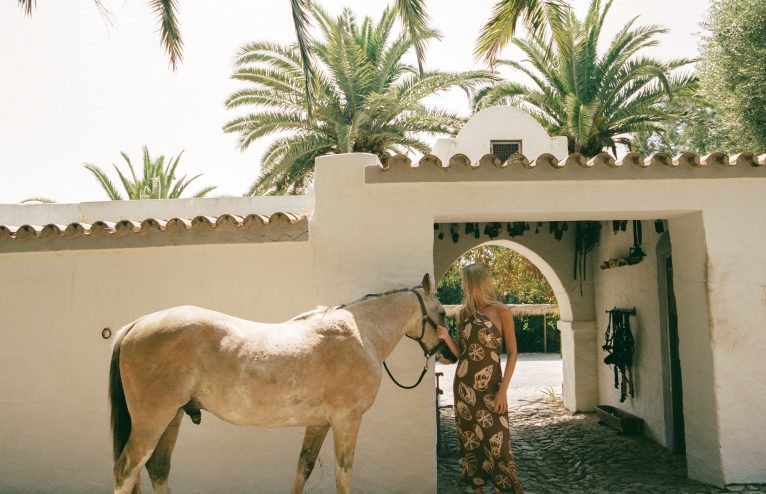
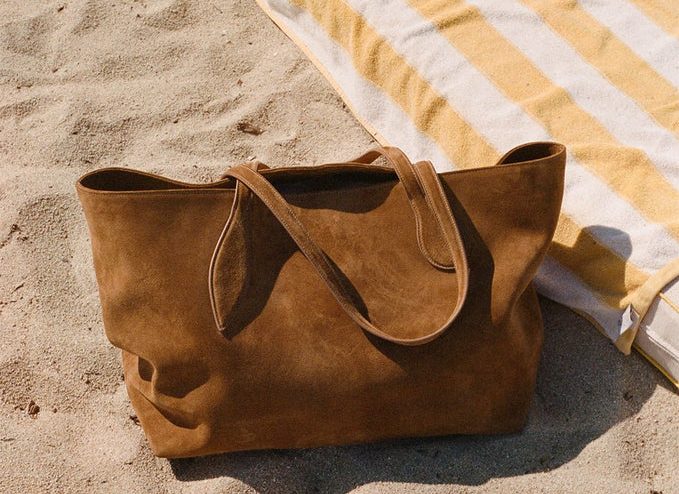
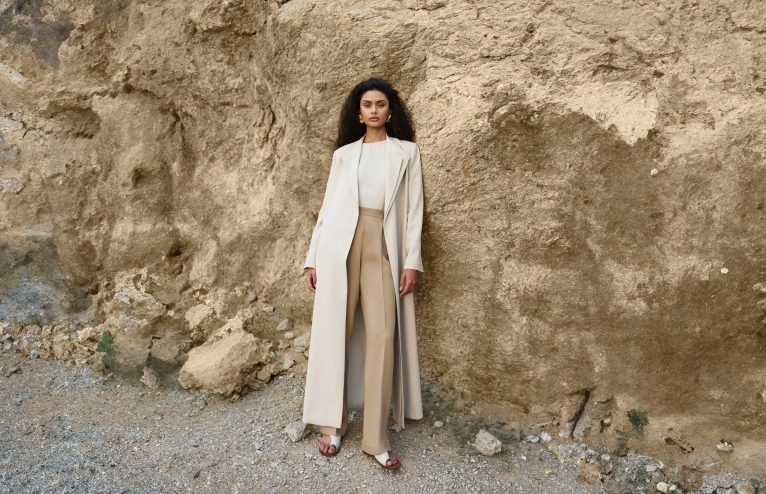
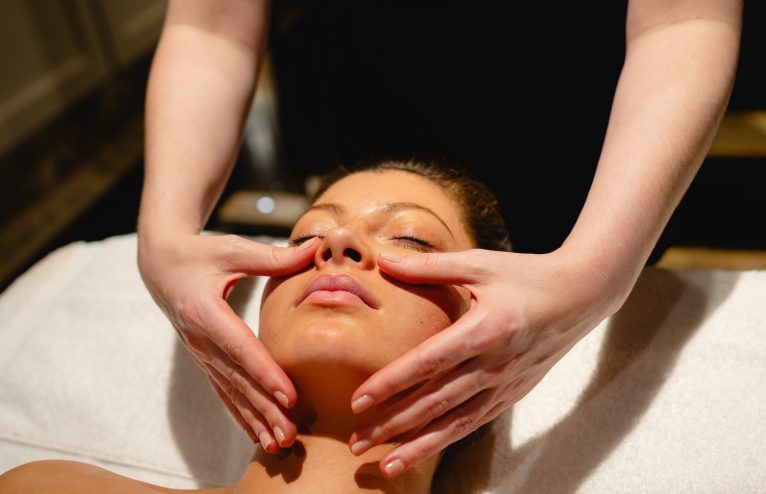
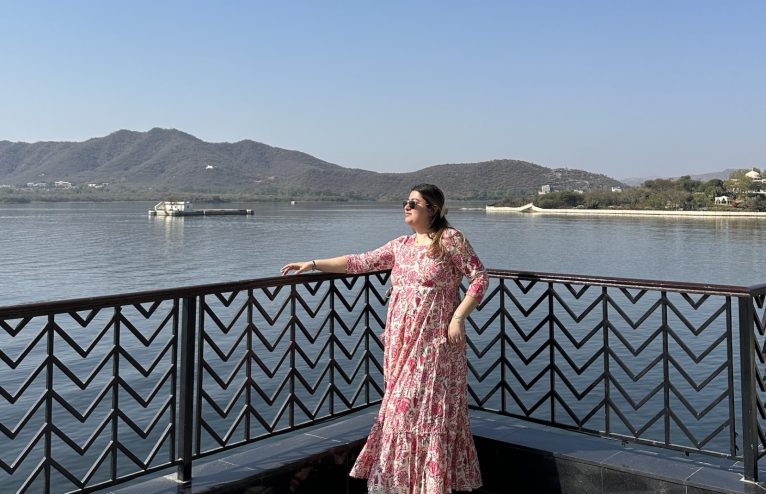

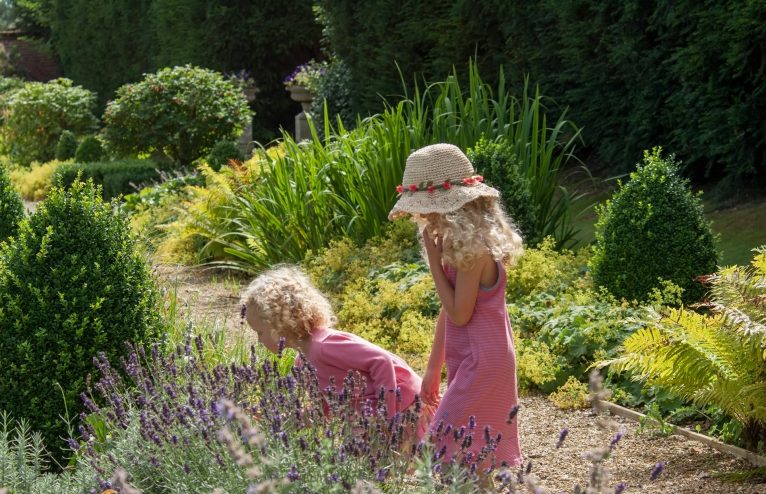
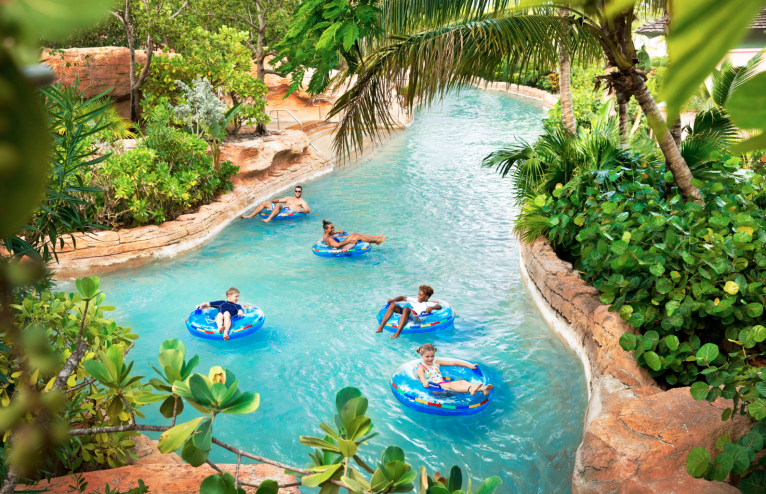

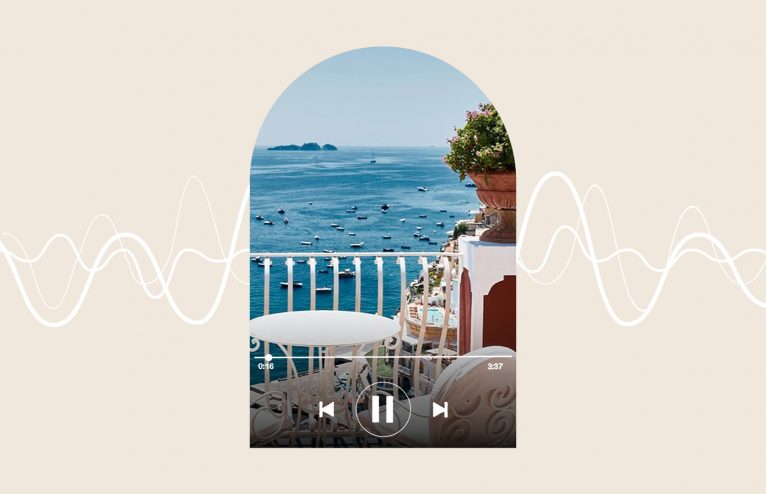
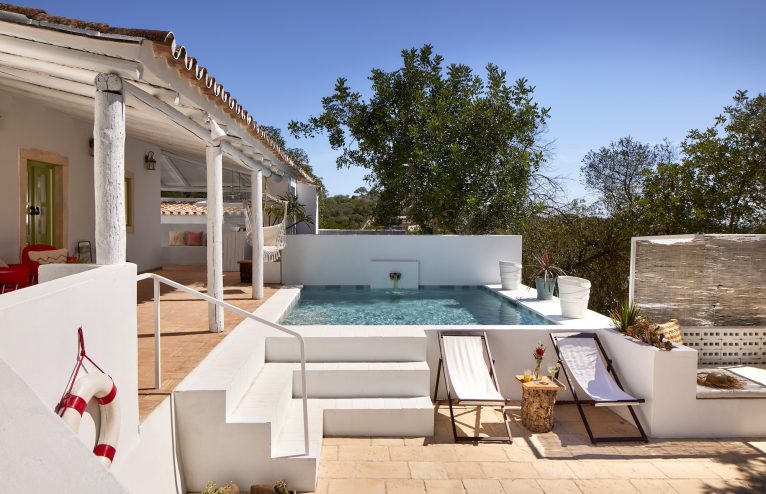
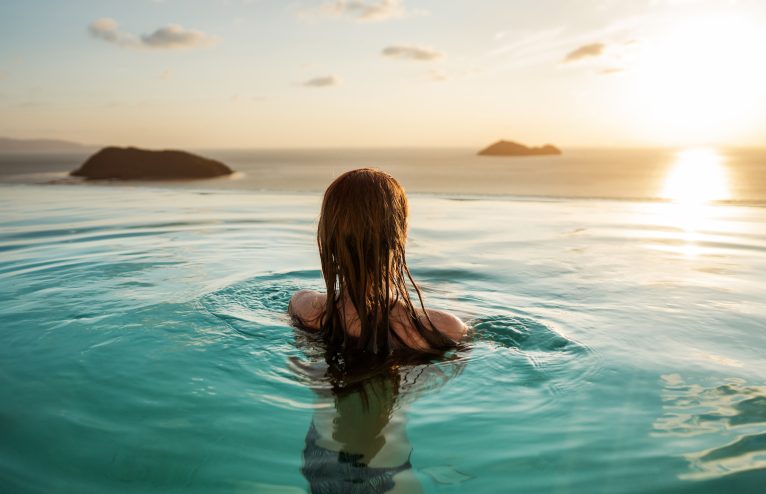

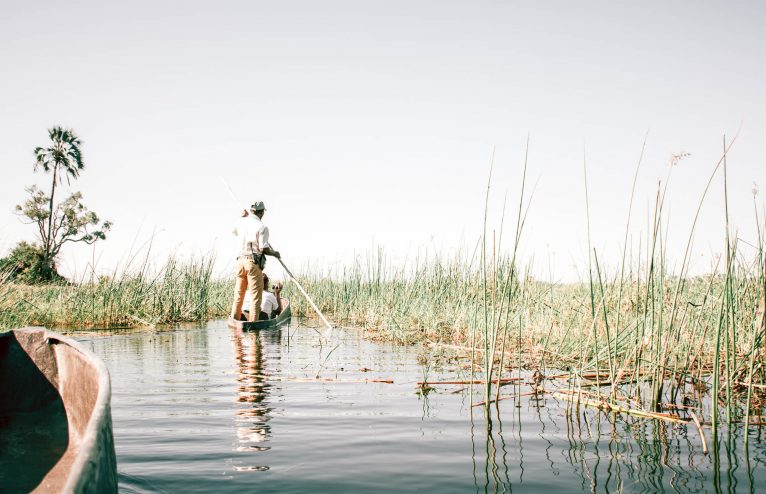
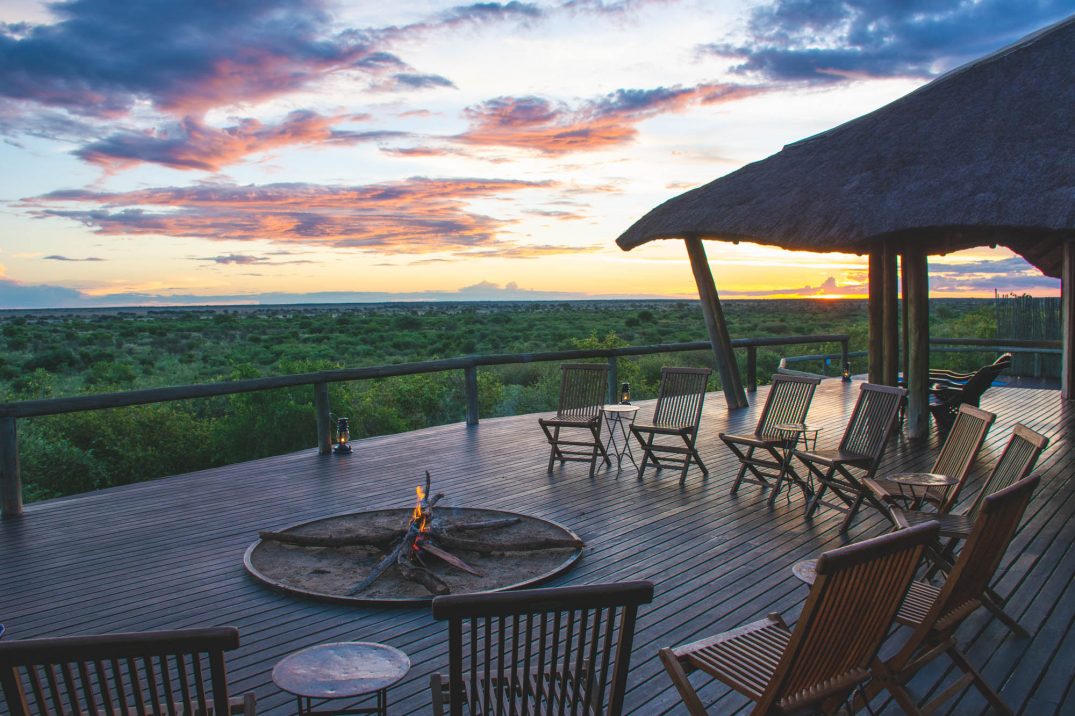
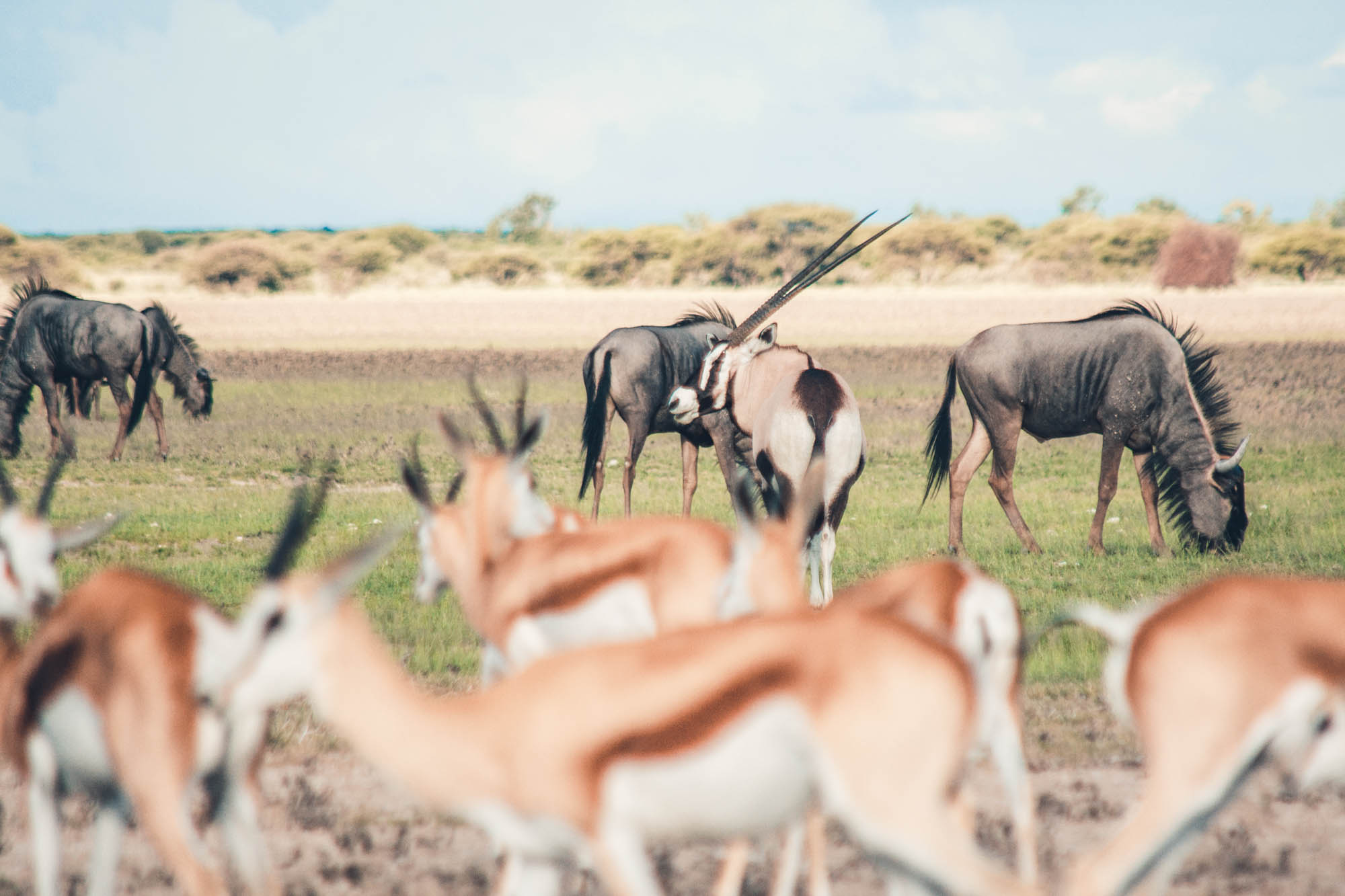
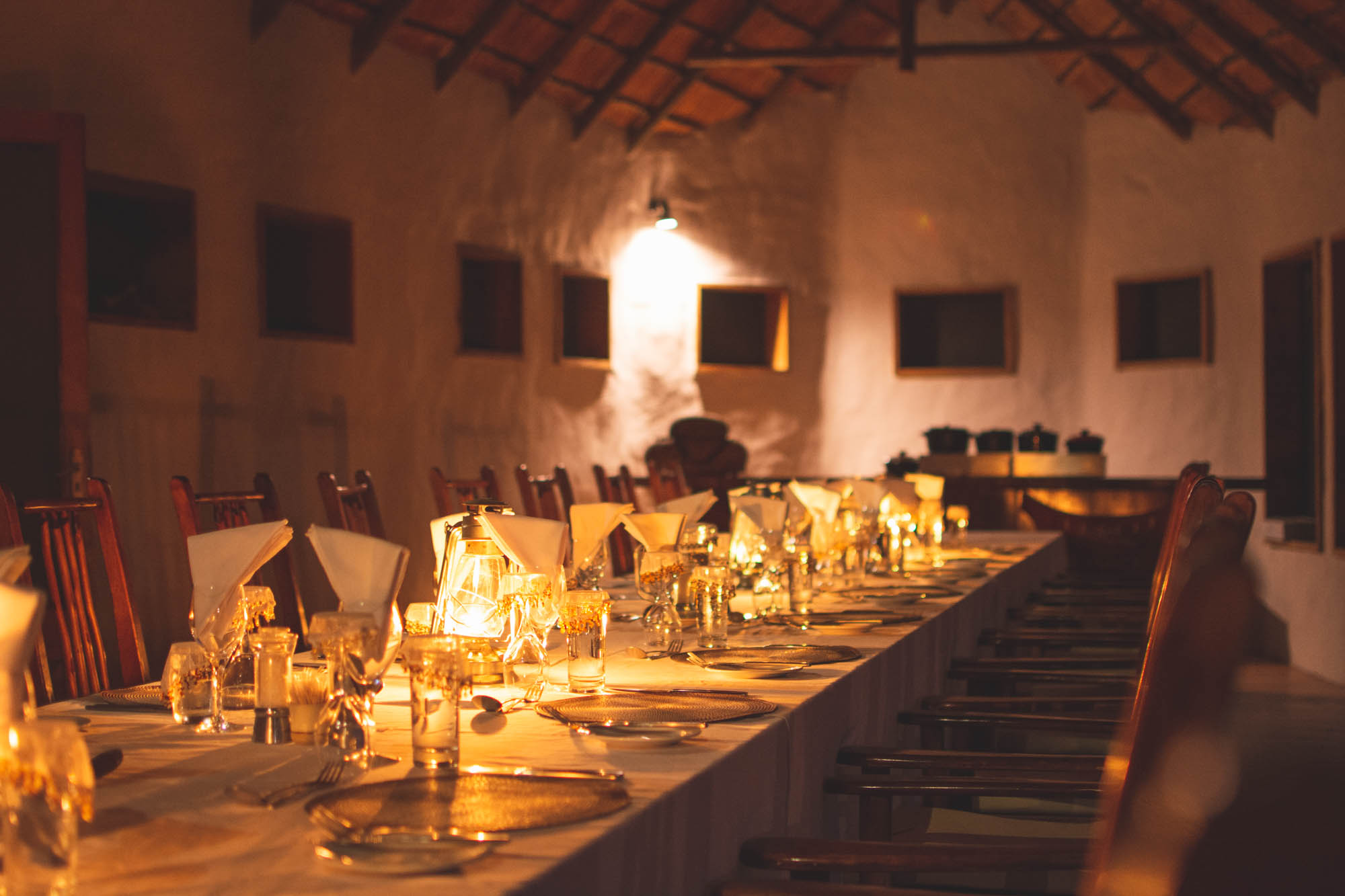
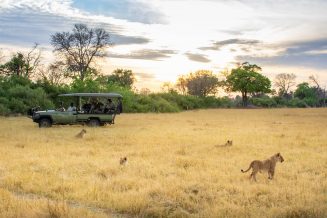
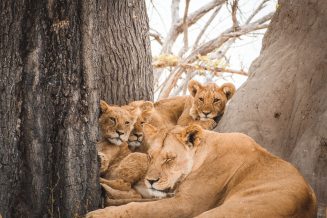
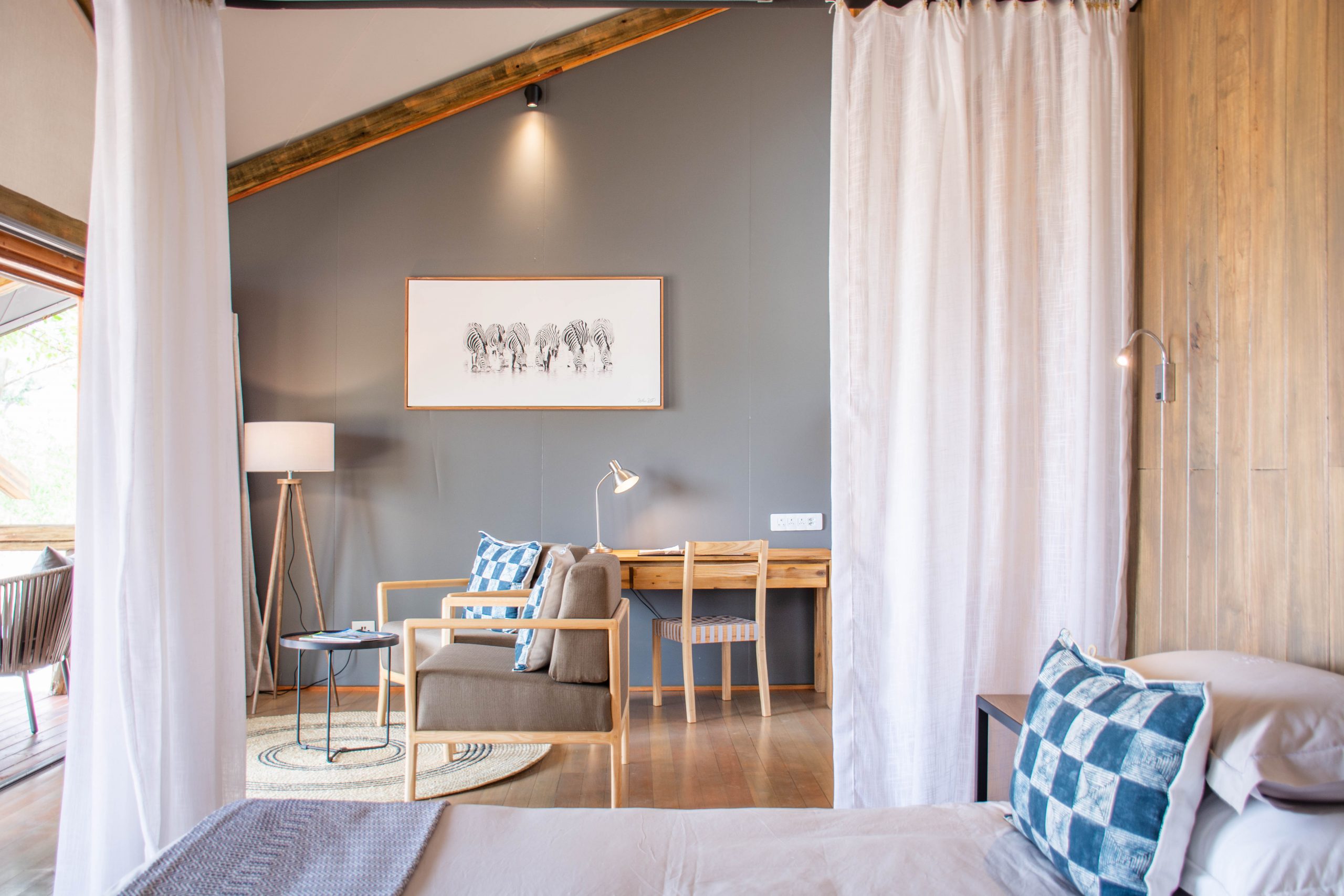
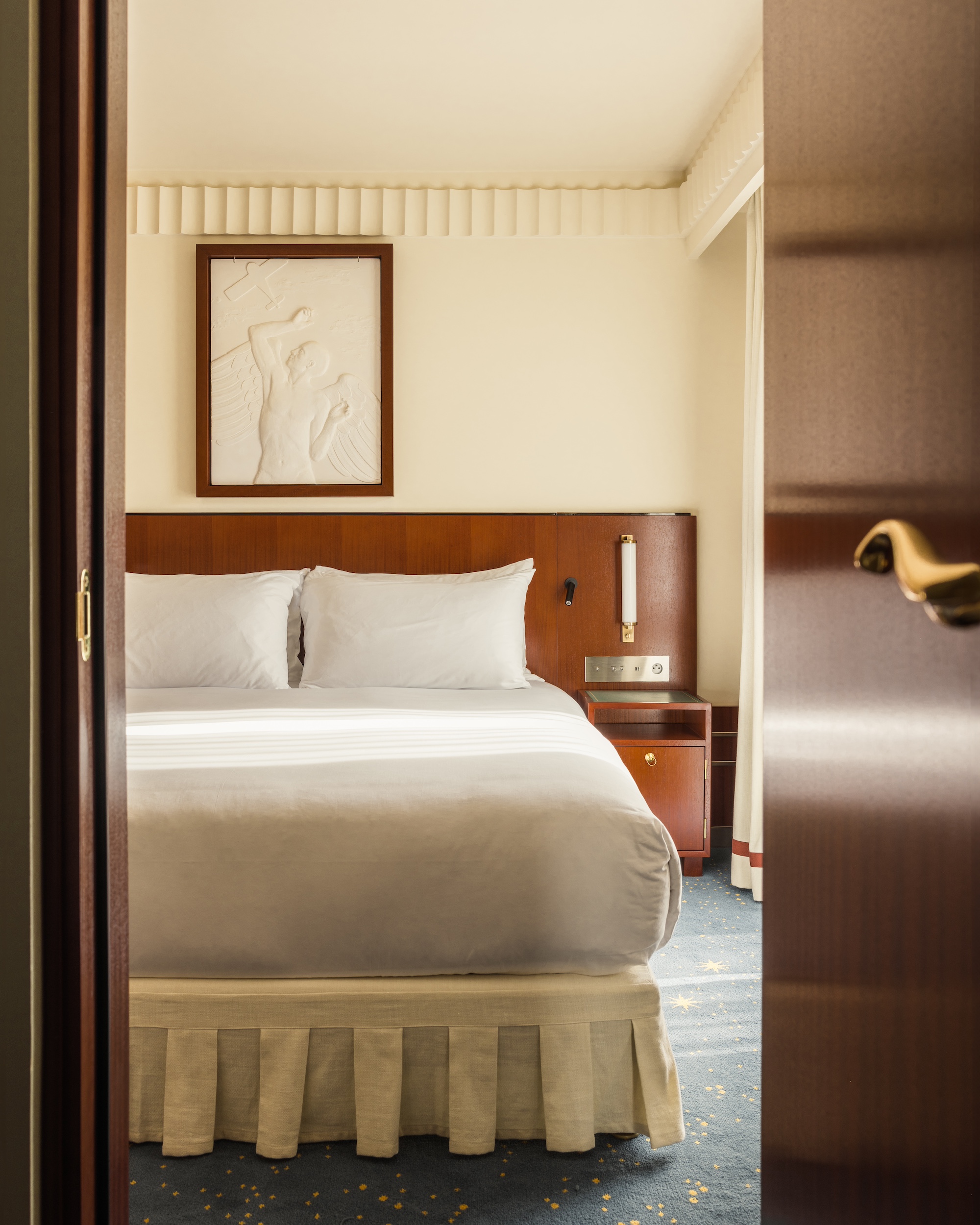
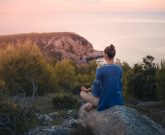


Any Questions or Tips to add?